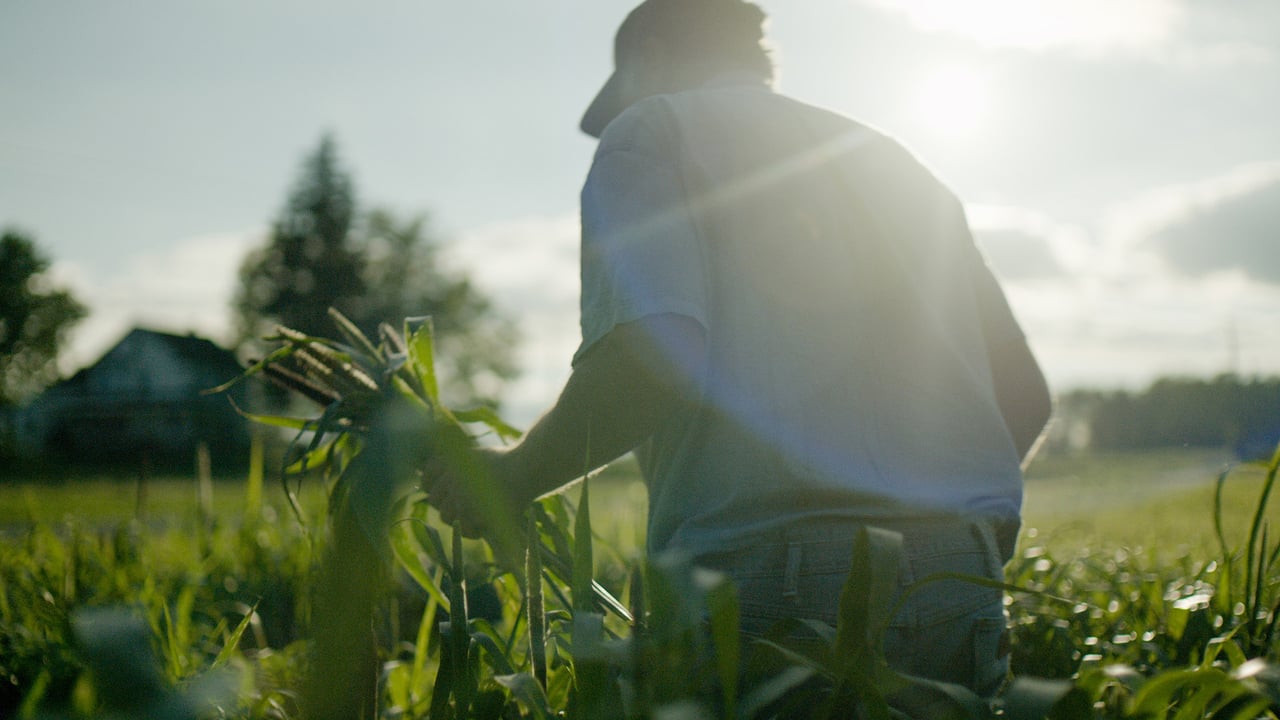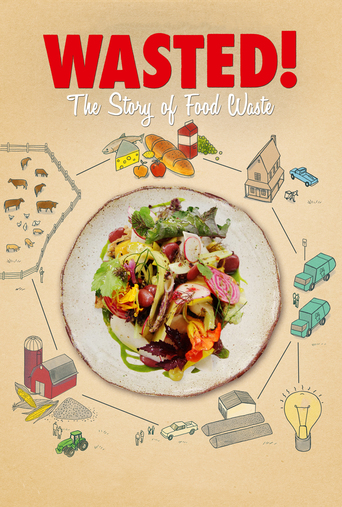

Greetings again from the darkness. "Clean your plate!" Many of us heard those words at the dinner table as we were growing up. At the time, we assumed it was yet another way our parents conspired to keep us from going back outside to play. Co-directors Anna Chai and Nari Kye explain the much bigger picture – the global issue of wasted food. The opening has culinary expert Anthony Bourdain wondering aloud if we even deserve to live. Merely mentioning the topic of food waste disgusts him. His philosophy is 'Use everything. Waste nothing'. Over the course of the film, some startling statistics are thrown at us: one-third of processed food is never eaten, and 90% of wasted food (U.S.) ends up in landfills at a cost of 1 trillion dollars and elevated methane levels. Some influential chefs discuss their approach to creatively utilizing what was previously considered waste. Dan Barber, Mario Batali, and Massimo Bottura are all on the leading edge of experimenting with new approaches to create delicious dishes from what once was wasted food products. Barber offers Bouillabaisse as an example of a tasty, acceptable dish made from what is actually food waste. We learn that food is wasted at every link in the supply chain: on the farm, at the grocery store, in restaurants, and on our plates. In response, the EPA has established a food waste pyramid with the goal of preventing, or at least minimizing waste. The upcycle is described as the prioritization of food waste: people-livestock- generate energy-create nutrient rich soil. The film takes us through each level of this, and we make our way around the globe. The United States, Europe, Japan, Sweden and South Korea all have specific programs designed to reduce food waste. Writers, journalists, farmers, chefs, and food activists all offer insight and specifics on not just what the problem is, but also some of the possible solutions (which is quite refreshing).Some unconventional approaches include beer made from bread, better distribution methods, stores and shelters serving creative dishes, feeding waste to pigs for improved pork flavor, fishing initiatives, converting yogurt to energy, and educating kids on growing and eating their own food. The most extreme routes involve Japan chefs using pig parts that even the most adventurous among us might balk at.The Rockefeller Foundation sponsored the film and has pledged millions towards reducing food waste. The filmmakers leave us with the clear message that we don't need to produce more food, we simply need to act differently. There is an opportunity here for capitalism, and each of us can make a difference by paying attention to what we buy and what we throw away. The closing credit outtakes with Bourdain are comical, and of course, any film that includes Oscar the Grouch singing "I Love Trash" has something going for it.
... View More